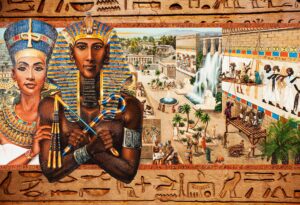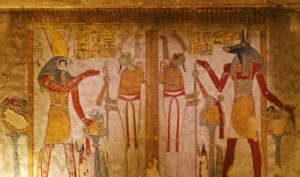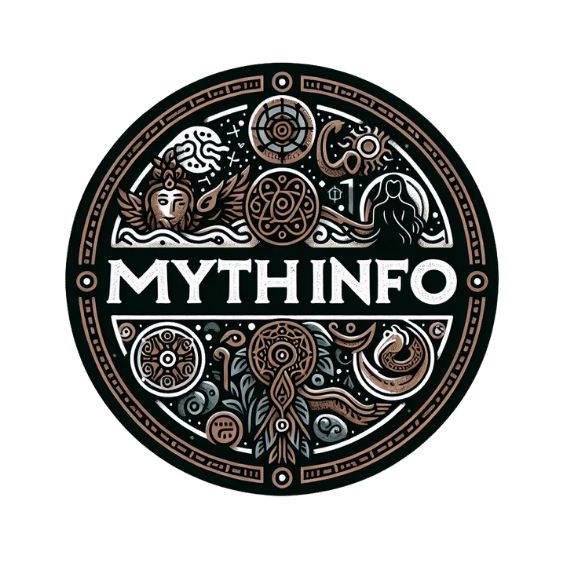
Introduction
Egyptian mythology, an intricate tapestry of ancient beliefs, has profoundly influenced modern culture. From art and literature to film and fashion, the echoes of ancient Egypt continue to resonate today. This article explores how the ancient myths of Egypt have shaped contemporary culture and provides insights into their enduring relevance.
The Foundations of Egyptian Mythology
Egyptian mythology is a rich and complex system of beliefs that flourished for over three millennia. Central to this mythology are the gods and goddesses, each embodying different aspects of life and the universe. Key figures include Ra, the sun god; Osiris, the god of the afterlife; and Isis, the goddess of magic and motherhood.
These deities and their associated myths served not only as religious teachings but also as explanations for natural phenomena and social norms. For instance, the myth of Osiris and his resurrection symbolized the cyclical nature of life and death, reinforcing the concept of eternal life through rituals and worship.
Egyptian Mythology in Modern Art
The influence of Egyptian mythology on modern art is profound. Artists like Salvador Dalí and Jean-Michel Basquiat have drawn inspiration from Egyptian symbolism, integrating elements of ancient Egypt into their work. The use of Egyptian motifs such as the ankh, the Eye of Horus, and pyramidal shapes can be seen in various artistic expressions, from paintings and sculptures to tattoos and digital art.
Contemporary fashion also frequently references Egyptian design. Designers such as Jean Paul Gaultier and Valentino have incorporated Egyptian-inspired patterns and jewelry into their collections. These modern interpretations celebrate and reinterpret ancient symbols, bridging the gap between past and present.
The Impact on Literature and Film
Egyptian mythology has left a significant mark on literature and film. Classic literature, such as Edgar Allan Poe’s “The Gold-Bug,” references Egyptian themes and symbols, reflecting the fascination with ancient Egypt during the 19th century. Modern fantasy and science fiction also explore Egyptian mythology, blending it with contemporary storytelling to create immersive worlds.
In cinema, Egyptian mythology has inspired numerous films. The “Mummy” franchise, for example, combines adventure with mythical elements, showcasing the allure of ancient Egyptian legends. Similarly, movies like “Gods of Egypt” bring ancient deities to life, reflecting a continued fascination with Egyptian mythological themes.
Egyptian Influence on Popular Culture
Beyond art and media, Egyptian mythology has permeated popular culture in various ways. Video games such as “Assassin’s Creed Origins” offer players a chance to explore ancient Egypt and interact with its gods and myths. Comic books and graphic novels also feature Egyptian deities and legends, demonstrating the versatility and enduring appeal of these ancient stories.
Moreover, Egyptian mythology often serves as a backdrop in fantasy literature and role-playing games, where elements of the mythological world are used to build complex and engaging narratives. This ongoing engagement with Egyptian myths underscores their continued relevance and fascination in the modern age.
Egyptian Mythology and Spirituality
Modern spirituality and New Age practices also draw from Egyptian mythology. Many contemporary spiritual movements incorporate elements of ancient Egyptian rituals and deities, seeking to connect with the wisdom of the past. Practices such as meditation and ritual invoking Egyptian gods reflect a desire to harness the perceived power and insight of ancient beliefs.
Conclusion
Egyptian mythology continues to shape modern culture in profound ways. From art and literature to fashion and popular media, the ancient beliefs of Egypt resonate with contemporary audiences, bridging the gap between ancient and modern. By exploring these mythological elements, we gain a deeper appreciation for their enduring influence and the timeless nature of these ancient stories.

